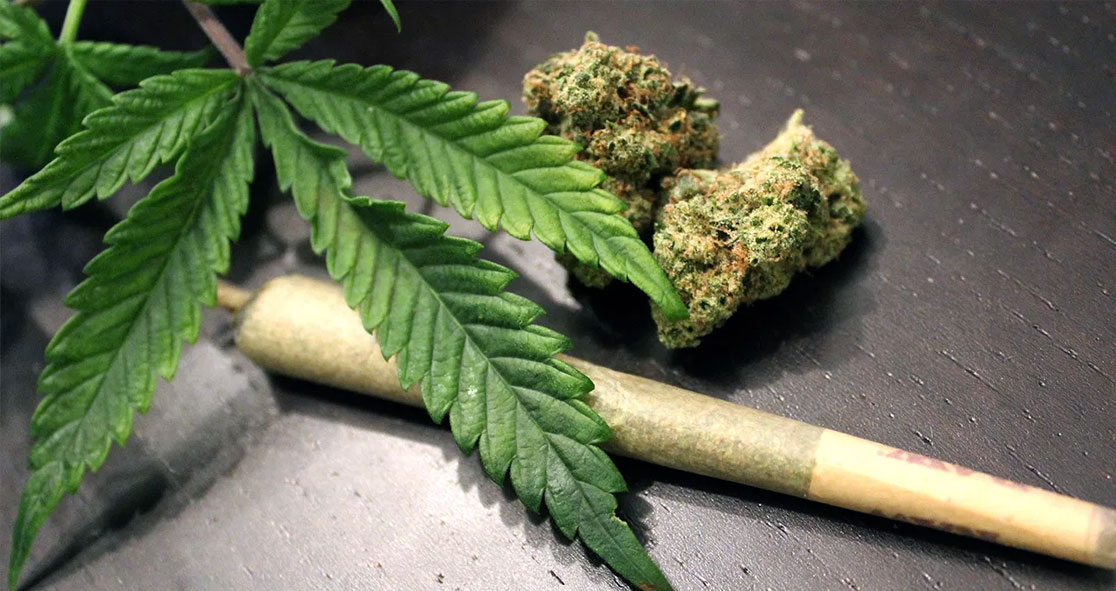A new study from the U.S. National Institute on Drug Abuse (NIDA) has found that young adults who use cannabis have an increased risk of suicidal thoughts and attempted suicide, according to WebMD.
In fact, the study researchers found that the risk increases with the amount of marijuana they use.
The study, published Tuesday in the journal JAMA Network Open, has also shown that occasional cannabis use was associated with a greater risk of suicidal thoughts, plans, or attempts.
Furthermore, the risk increased regardless of whether the marijuana user suffered from depression. However, cannabis users with depression were found to have an overall greater risk of suicidality.
The study also found that the risk was stronger in women than men.
NIDA Director Dr. Nora Volkow said, “Regardless of whether you had a history of depression or not, cannabis significantly increased the risk of suicidal behavior. It wasn’t a small effect. It was a large effect. I expected an association, but it just took me aback.”
However, some experts said this is just an association, and it could run either way, according to WebMD.
Addiction psychiatrist Dr. Elie Aoun said people vulnerable to suicide turn to marijuana for temporary relief, rather than marijuana making them think of suicide.
“We have to think about whether it’s the cause or the consequence, or just factors that happen to coexist at the same time,” said Dr. Aoun, who is an assistant professor of clinical psychiatry at Columbia University – Division of Law, Medicine and Psychiatry.
Dr. Volkow said it is also possible that suicide and the use of marijuana share some common genetic risks, and just happen to occur at the same time among people carrying these genes.
Psychologist Mitch Earleywine, an advisory board member for the National Organization for the Reform of Marijuana Laws (NORML), said he thinks this is a “self-medication issue.”
“We happen to be looking at data during a time when both suicidal ideation and cannabis consumption have increased, but the notion that one causes the other seems less likely than a spurious link among each of these and a lot of other economic, social, and legal issues,” he added.
“Anyone struggling with suicidal ideation should certainly reach out for help, and cannabis alone likely offers little in that department, but the idea that cannabis use is leading to these thoughts has received no support here,” Earleywine explained.
Dr. Volkow noted that cannabis can increase a person’s feelings of depression and anxiety by “interfering with the brain’s ability to cope with these feelings.”
“One of the things marijuana does is it decreases anxiety acutely,” she explained, “but once you’re no longer intoxicated, you are less able to modulate your anxiety. During that period of withdrawal, you will be more susceptible to enhanced sensitivity to stressors.”
She also explained that marijuana also increases impulsive behavior, and for some people, suicide is an essentially impulsive act, according to WebMD.
“You more or less feel OK and then all of sudden there’s this urgent need to kill yourself,” she said. “Those impulsive acts of suicide have been associated in the past with marijuana.” The article was published on WebMD.





















